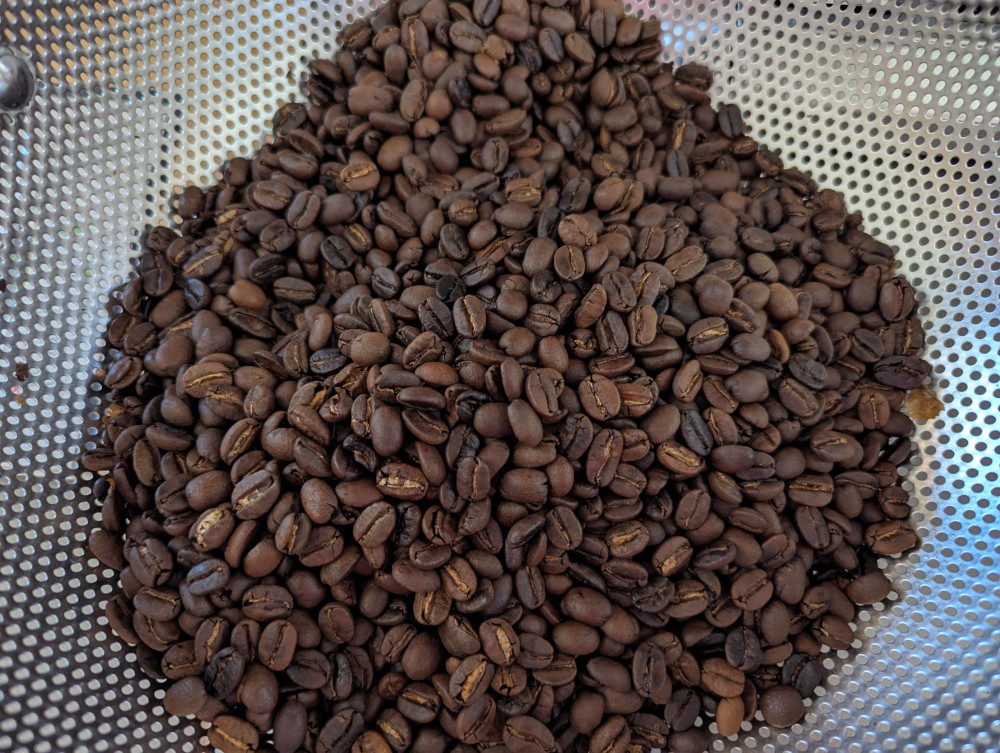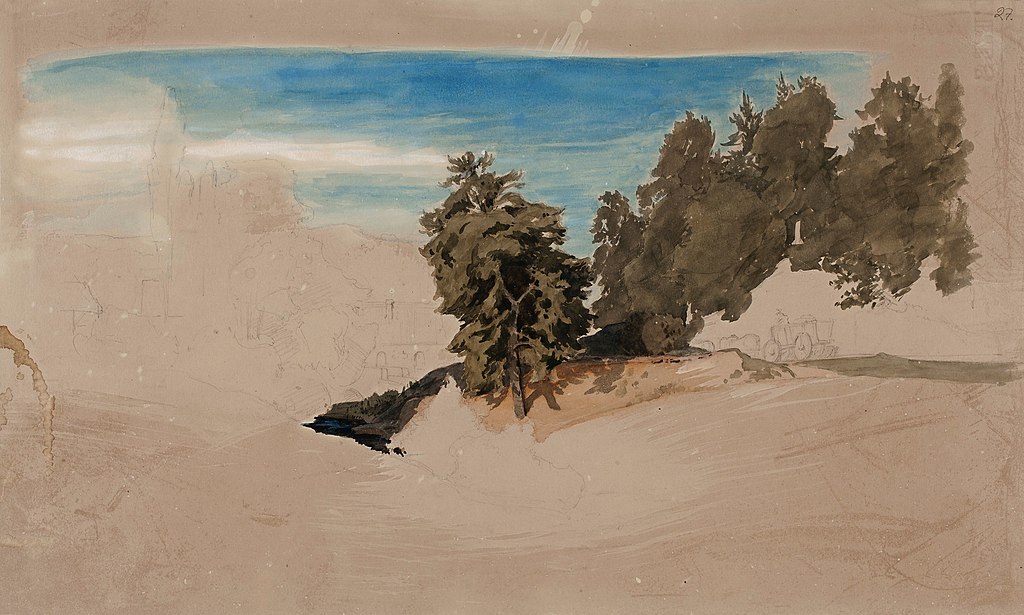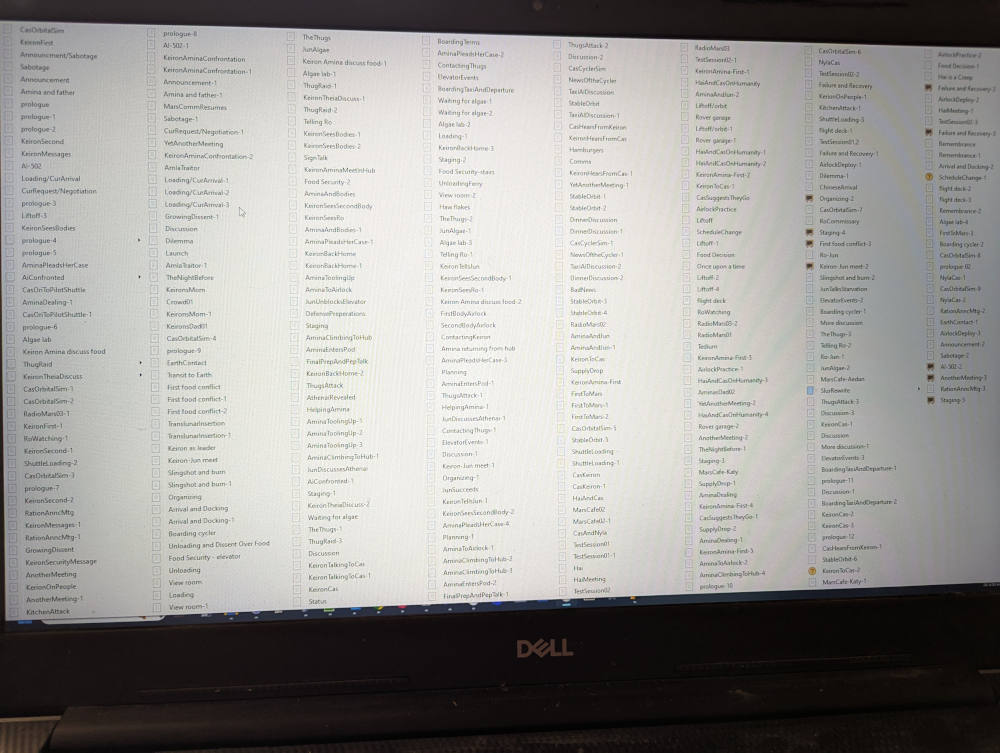AI plays a role in the book I’m working on, so that’s another topic I’ve been researching. In a fit of whimsy, I decided to use AI to research AI.

Wary confession: I discovered that an occasional focused chat session was a good way to work out my understanding of complex topics.
I keep transcripts of these sessions in the relevant Research subfolder. For the current book, I have sessions on AI, Earth-Mars cyclers, tethered spin gravity, Coriolis force, Mars taxi orbits, orbital proximity operations, and the Taoist concept of wu wei.
These sessions also provide me with citations for further, more in-depth research. What they don’t provide is usable calculations. AI still sucks at math. Never trust AI with math. Actually never trust AI.
AI is that friend you find entertaining and like to hang out with once in a while, but you would never have pet sit.
Image: https://commons.wikimedia.org/wiki/File:HAL9000.svg (license: https://creativecommons.org/licenses/by/3.0/deed.en)













